One of the most common procedures dog owners put their pets through is neutering them. Neutering, also known as surgical castration, involves the removal of the testicles of a male dog, eliminating their primary trigger for testosterone production. Neutering prevents your dog from breeding, making it essential for population control. That’s why many shelters include it as part of their adoption fee. With so many experts favoring this method, is it the best option for everyone?
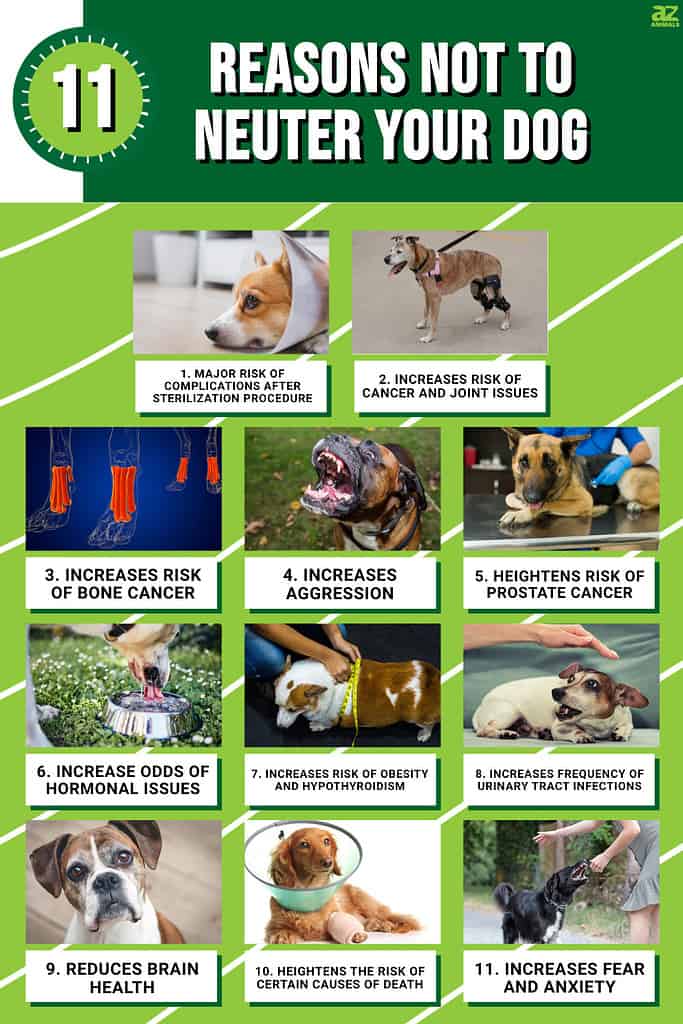
Many states established laws to dictate when and if a dog is neutered, imposing this procedure on dogs as young as a few months old. According to the American Kennel Club, about 80% of all dogs are already neutered. Owners who don’t follow this trend become labeled irresponsible or worse, but the choice is quite personal. Let’s take a look at some of the reasons not to neuter your furry best friend.
1. Major Risk of Complications After Sterilization Procedure

Neutering a pet requires significant care to prevent complications, ranging from swelling to vomiting.
©Jus_Ol/Shutterstock.com
For over 100 years, this procedure allowed anyone to prevent their dog from breeding. It is the most common veterinary procedure performed, and the American Kennel Club estimates that 80% of all dogs are now sterilized. Unfortunately, complications after the procedure happen for many dogs.
While your actions heavily influence the outcome, some risks include redness, swelling, or bruising. Dogs risk reopening the incision site by playing with others or cleaning their body, and some dogs have vomiting/diarrhea for 24 after surgery. Luckily, veterinarians send you home with full instructions to reduce the risk.
2. Increases Risk of Cancer and Joint Issues
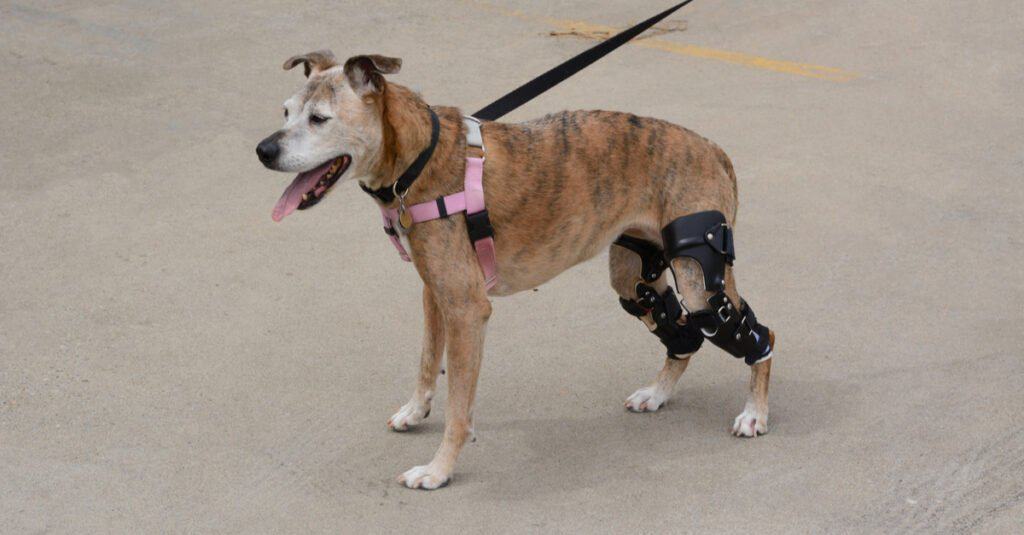
Neutering larger dog breeds increases the risk of hip dysplasia.
©Merrimon Crawford/Shutterstock.com
Studies show that neutering a dog puts them at a higher risk of developing certain types of cancer. According to a 2013 research paper by Dr. Benjamin Hart, neutered golden retrievers increased their odds of lymphosarcoma (non-Hodgkin’s lymphoma) and hemangiosarcoma (cancer of the skin, spleen, liver, or heart). They also studied the effects on German shepherd dogs and Labrador retrievers, citing similar effects.
Dr. Hart’s team ultimately reviewed the data on 35 breeds, centering around neutered dogs who went through the process before reaching sexual maturity. However, only dogs under 45lbs. experienced no change in their risk of joint problems. The only exception to this risk was the Shih Tzu.
3. Increases Risk of Bone Cancer
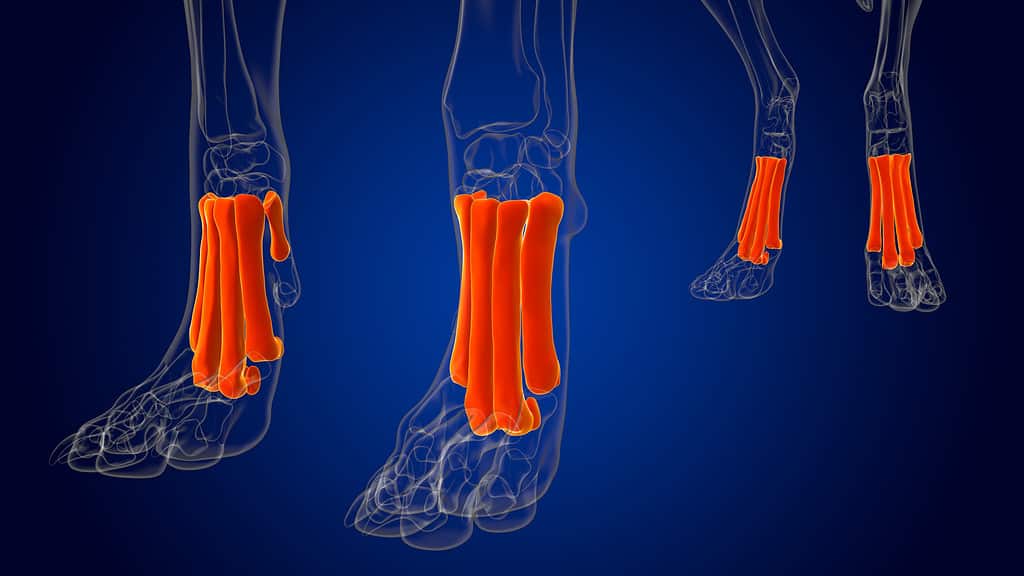
With weakened joints and bones, owners increase their dog’s odds of bone cancer.
©mybox/Shutterstock.com
Most shelters neuter dogs before they adopt them, but neutering too early increases the risk of developing bone cancer or other bone disorders. The most recent research shows that neutering before age 1 puts the dog at a higher risk of developing osteosarcoma in medium to large dogs. This study examined the effect on Rottweilers, though other studies show the same results in other breeds. If you still neuter your pet, waiting until the dog is a year old reduces this risk.
4. Increases Aggression

Without the same testosterone production, dogs become more defensive and aggressive easily.
©EB Adventure Photography/Shutterstock.com
One of the main arguments pet owners hear in favor of neutering is its effect on behavior. For many dog owners, the ability to subdue their dog’s ferocity is enough to schedule this procedure. However, a 2018 study on over 13,000 dogs shows that it has the opposite effect. During this study, researchers tested different types of aggression with dogs from 7-12 months old. They found no impact on aggression issues, though we need more scientific studies to have a conclusive answer.
Instead of looking to sterilization as a solution, the cause behind aggression might be something in their environment, household, or genetics. While neutering helps dogs with humping, roaming, or mounting issues, there are no discernable changes in other behavioral concerns.
5. Heightens Risk of Prostate Cancer
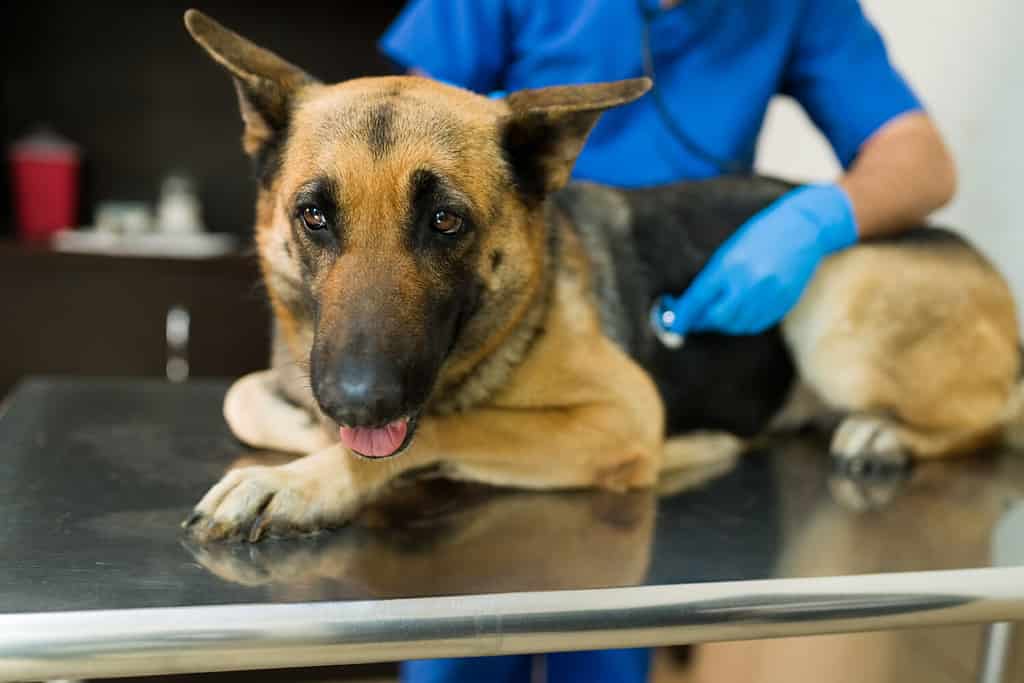
Sterilization doesn’t cause prostate cancer, but it triggers tumor growth.
©Beach Creatives/Shutterstock.com
Previously, most people believed that neutering their dog reduced their risk of prostate cancer because of the effect on testosterone. After all, the prostate gland is directly stimulated by testosterone production. However, according to a canine cognitive scientist named Dr. Alexandra Horowitz, the opposite is true.
Published in the New York Times, Dr. Horowitz’s article said that more cases of prostate cancer occurred in neutered dogs. While her research also examined the effect on female dogs, these spayed pups did not increase their risk of mammary cancer.
6. Increase Odds of Hormonal Issues
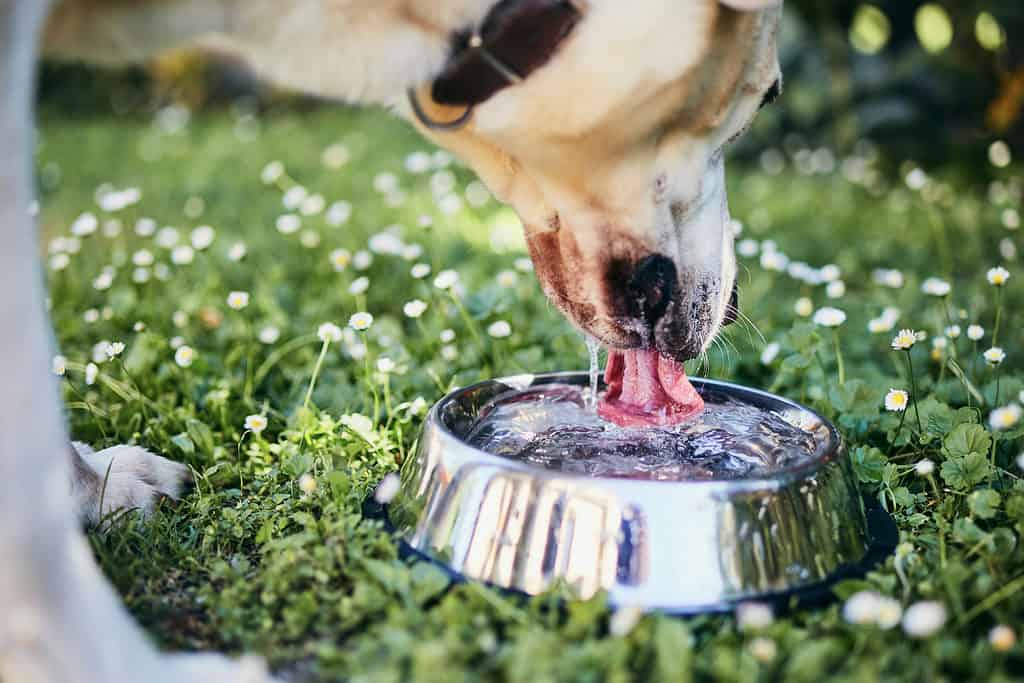
Hormonal imbalance from sterilization causes increased thirst, among other symptoms.
©Jaromir Chalabala/Shutterstock.com
The reason that sterilization is an effective method of contraception for dogs is because of the impact on their sex hormones. This impact is, unfortunately, the reason that it is also risky. Dogs naturally produce hormones like humans do, which influence more than their reproductive ability. Their hormones influence their immune system, the risk of cancer, and even their brain.
By disrupting hormones when neutered, blood LH levels rise by nearly 30 times their natural levels, according to a 2023 study. LH, or luteinizing hormone, comes from the pituitary gland. While it largely plays a role in sexual development, having too much in their bodies impacts the joints and ligaments.
7. Increases Risk of Obesity and Hypothyroidism
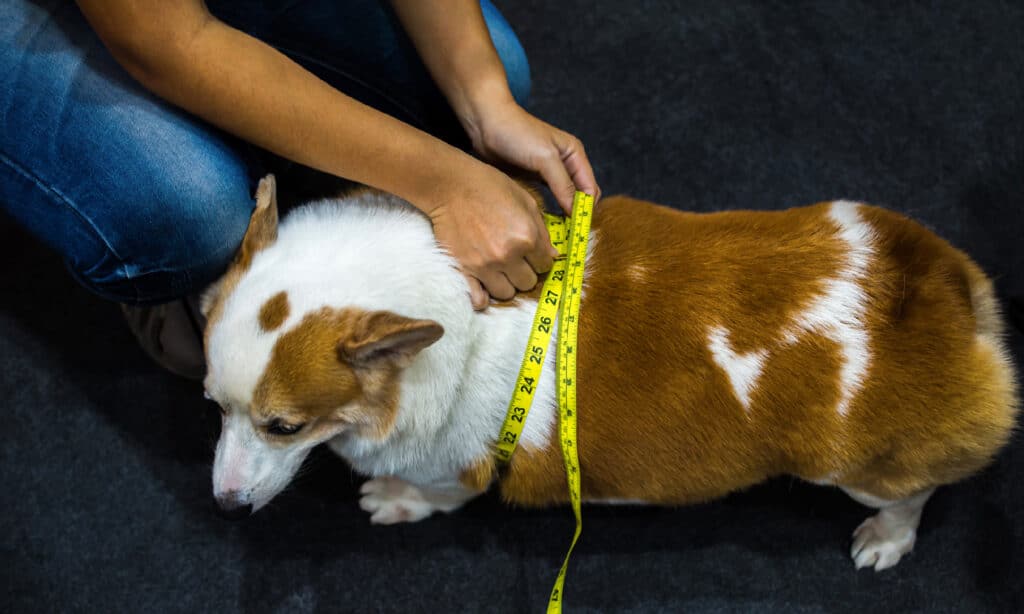
The most common result of neutering a dog is weight gain, which is why their subsequent diet is so important.
©iStock.com/PongMoji
Neutered dogs tend to gain more weight than intact males. Due to the effect that neutering has on the balance of hormones, metabolism drastically drops. Your dog’s metabolism bases its calorie-burning speed on this balance, and slowing its metabolism puts it at risk of weight gain. Dogs with a slower metabolism are significantly less active, leading them to be three times as likely to be obese as an intact dog.
In some cases, the shift in hormones leads to hypothyroidism, which is a condition that makes your dog feel tired and less active. It also impacts their body temperature, pushing them to be more of a couch potato. While early intervention and medication help, some dogs have a predisposition to it already, like the Golden Retriever. However, the same effect isn’t usually seen in small dogs.
8. Increases Frequency of Urinary Tract Infections
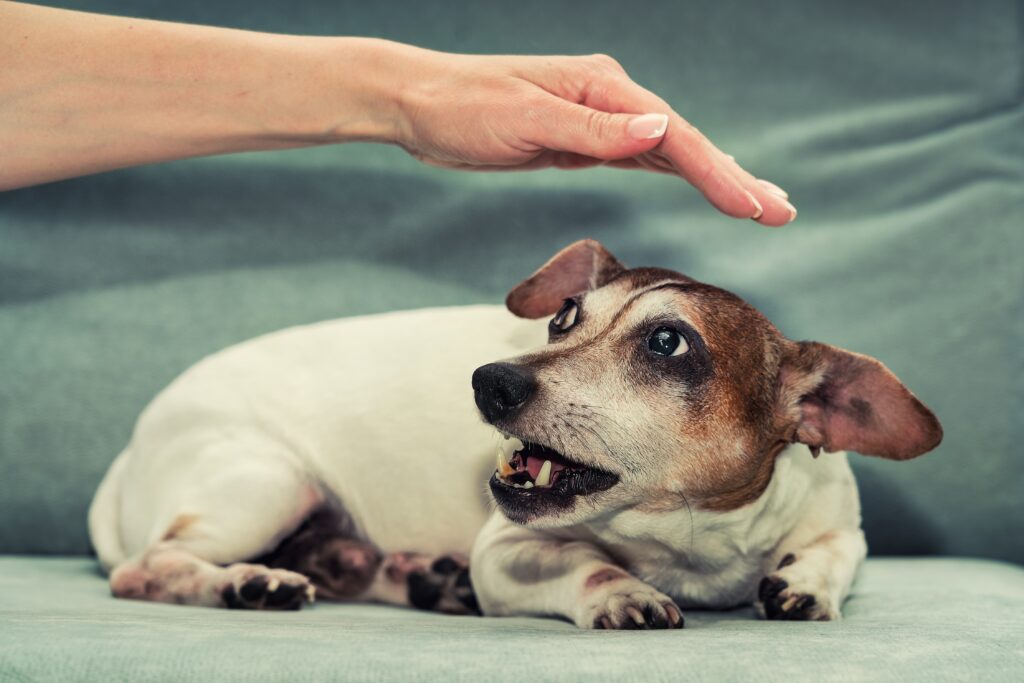
By neutering a dog, the surgery puts your dog at a greater risk of issues with the urinary tract, though it is more common in females.
©Bonsales/Shutterstock.com
Regarding urinary issues, like incontinence or urinary tract infections, sterilization impacts male and female dogs differently. According to a 2008 study, female dogs have a greater risk of incontinence because their surgery impacts their urinary wall, but male dogs have a much lower impact.
While this procedure was once believed to cause urinary issues, the opposite may be true. Dogs are as much as 20% more likely to develop incontinence, but the cause is usually the result of damage during surgery. If complications arise, more surgeries could be necessary to stop their “accidents.” Neutering may also lead to urinary incontinence if performed on a puppy younger than 3 months old.
9. Reduces Brain Health

The impact on brain chemistry causes some senior dogs to have memory issues, which increases the risk of irritability and aggression.
©Holly Michele/Shutterstock.com
By neutering a dog, the risk of dementia and other brain issues drastically increases. A study on neutered senior dogs examined the amount of training retention they had compared to the intact senior dogs. Neutered dogs experienced a greater loss of this knowledge, suggesting compromised brain health.
10. Heightens the Risk of Certain Causes of Death
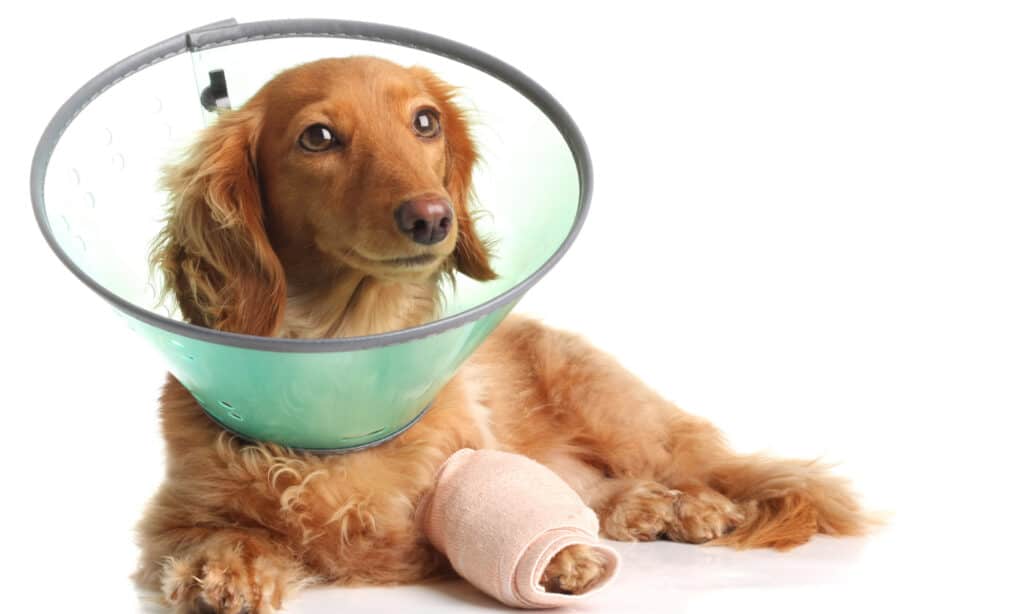
Neutered dogs have a greater chance of death by tumor growth or immunity issues.
©Hannamariah/Shutterstock.com
No one wants to spend less time with their dog, but statistics consistently show that neutered dogs have a greater risk of certain conditions that shorten their lifespan. In a study on female Rottweilers in 2009, the life expectancy of females after sterilization dropped by 30% if done before 6 years old. If the procedure happened after six years old, the effect was minimal.
Intact males, on the other hand, had a similar lifespan, but their cause of death became more varied. In a separate 2013 study, the least likely causes of death were “infectious disease, trauma, vascular disease, and degenerative disease.” However, the most likely causes were “immune-mediated disease” or neoplasia.
11. Increases Fear and Anxiety
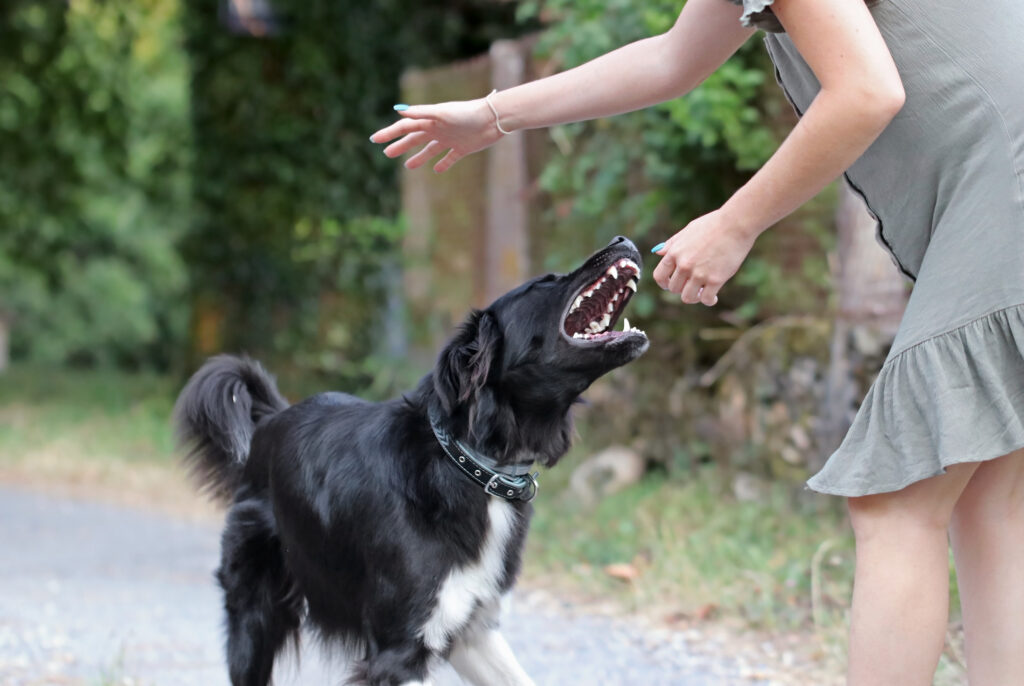
Neutering causes a drop in testosterone levels that makes dogs more skittish and nervous, which leads to the possibility of an attack.
©Fercast/Shutterstock.com
Many people swear that neutering their dog mellows them out, but studies repeatedly show that temperament isn’t affected by testosterone. Instead, it causes a major hormone decline, which leads to fear. As this fear gets worse, it drives new aggression, making dogs more likely to develop separation anxiety. Intact dogs, however, easily maintain their natural hormones, so they are at a lower susceptibility.
To Neuter or Not to Neuter?
With all of these health risks, is neutering worth it? The answer might not be so simple. Every dog is different, and their natural risk of many conditions comes from genetics, lifestyle, diet, and other factors. While several states already have legal instructions on sterilization, the only way to decide if neutering is the right choice is with a veterinarian. Many issues come back to neutering too soon, allowing you to modify when you schedule it. With a little bloodwork and a cohesive genetic profile, deciding to neuter comes down to only one consideration – your dog’s health.
Summary of Reasons Not to Neuter Your Dog
| 1 | The sterilization surgery is at risk of health complications during the procedure. |
| 2 | Neutering a dog can increase the risk of certain cancers and joint conditions. |
| 3 | Neutered dogs have a higher risk of bone cancer. |
| 4 | Contrary to popular belief, neutering a dog increases aggression, rather than inhibiting it. |
| 5 | Neutering increases the risk of developing prostate cancer. |
| 6 | Neutering leads to hormonal issues if performed before age 1. |
| 7 | Sterilized dogs are more likely to be obese or develop hypothyroidism. |
| 8 | Urinary tract infections increase with neutering. |
| 9 | Leaving a dog intact is good for brain health. |
| 10 | Sterilized dogs increase their risk of some causes of death. |
| 11 | Neutered dogs exhibit more fear than intact dogs. |
The photo featured at the top of this post is © thka/Shutterstock.com
Thank you for reading! Have some feedback for us? Contact the AZ Animals editorial team.







